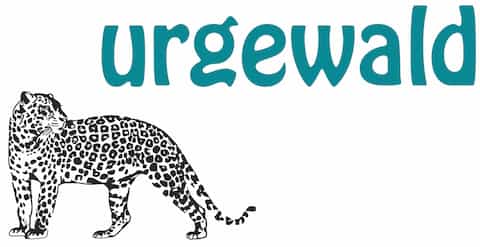GCEL FAQs
We update GCEL annually in Q4.
Our research mainly relies on data provided by the companies themselves. We extract most of the information we need from companies’ reporting documents, investor presentations and websites. Additionally, we use information published by government agencies and stock exchanges.
When companies provide the necessary information, metallurgical coal is excluded from a company’s annual coal production volume and respective business activities are excluded from the CSR calculation/estimation. Pure metallurgical coal expansion projects are not listed on GCEL.
Information about metallurgical coal: Met Coal Exit List (MCEL)
To receive GCEL with identifiers, please register or sign in and use our request form.
Our database is mainly used by banks, insurance companies, pension funds and asset management companies, which are interested in assessing coal-related risks and taking steps towards effective coal divestment. However, GCEL is also accessed by NGOs, journalists, researchers and consultants as well as by coal companies themselves.
From 2017 to 2019, we used relative thresholds of 30% and absolute thresholds of 20 million tons and 10 GW to determine which companies were listed on GCEL. In 2020, we applied a relative threshold of 20% and in 2023 we lowered it to 10%. The absolute threshold was also lowered to 10 million tons of coal production and 5 GW installed coal capacity in 2020.
Users have the possibility to filter for all former criteria in the list. In this way, we ensure a consistent usage of our data after implementing the criteria to exclusion policies.
Coal divestment essentially means selling the shares and bonds of companies, which engage in coal-related business activities. The major impact stems from the exclusion of coal companies from future investments as well as their exclusion from loans, underwriting, and other financial services. The impact of such decisions, however, critically depends on the reach of the applied exclusion criteria. GCEL enables NGOs to precisely identify what a financial institution’s policy does and does not do in terms of preventing coal investments, and to challenge “pretend” policies that do not lead to real changes. GCEL is thus an important tool for accelerating a coal exit by the finance industry.
Banks and asset managers have had a lot of time to pursue engagement strategies and convince coal companies to shift their business to more environmentally and socially acceptable sectors. For the most part, this approach has failed dramatically. However, we have experienced first-hand that even the announcement of a divestment decision can have tremendous signaling effects with regard to single companies or coal sectors in entire countries. Increasing divestment efforts by the financial sector send a crucial wake-up call to coal companies all over the world.
Our divestment approach is designed to be applied by all players in the financial industry. Sustainable financing has to adopt even stronger criteria. We list companies that constitute an essential part of the global coal sector, rely heavily on coal with regard to their overall business model, or display coal-related expansion plans. If it is well designed and implemented, divestment hampers debt financing for these companies, increases their capital costs, and makes coal projects even less competitive and thus more unlikely to be carried out.
It should be mentioned that with regard to utilities listed on GCEL, we are not against providing targeted project financing of renewables to facilitate the energy transition as long as it can be ensured that these funds will not be used for other purposes. However, when it comes to bond purchases or corporate loans, a targeted deployment of funds cannot be guaranteed.
After you have registered on coalexit.org, you will be able to view a selection of the data for parent companies on GCEL in the online database and download the entire GCEL in Excel format (.xlsx). To receive GCEL for investors, which includes common financial identifiers, please register or sign in and use our request form.
We offer training webinars on GCEL for financial institutions, where we explain the underlying criteria and methodology in more detail and answer questions. If you are interested, please send your request to coalexit [at] urgewald.org (coalexit[at]urgewald[dot]org).
Please email your feedback to coalexit [at] urgewald.org (coalexit[at]urgewald[dot]org).
